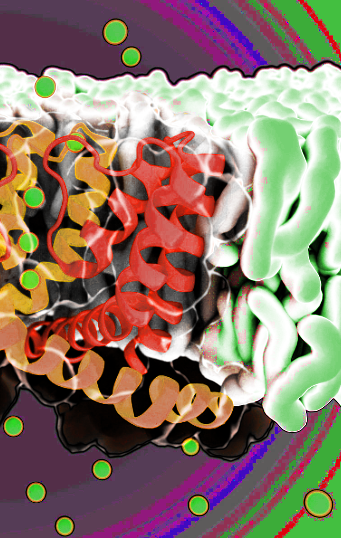Green tea tech for gene edits

Researchers from RMIT University have used metal-organic frameworks (MOFs) enhanced with a green tea phytochemical coating to target human prostate cancer cells.
Associate Professor Ravi Shukla says MOFs are a strong alternative to existing viral methods for delivering the gene editing tool CRISPR/Cas9.
The new method for deploying the genetic snipping tool directly into target cells is a big step towards more effective, safer and cheaper gene therapy with treatment potential for multiple genetic disorders.
CRISPR/Cas9 provides the ability to remove and replace defective DNA, revolutionising healthcare, but a major challenge remains in effectively delivering it to cells.
There are currently just 13 approved methods in trial globally and all rely on viral therapies, an approach which is both extremely costly and has associated health risks.
But Dr Cara Doherty says the CSIRO has developed technologies to manufacture industrial scale quantities of various MOFs, significantly reducing the cost of bringing them to market.
“We’re excited to find a novel way in which these materials can address complex biological issues, including targeting specific medicinal purposes like gene therapy,” she said.
Cells are not designed to naturally take up foreign genes or DNA material, and the risks associated with introducing a virus into the body have slowed the progress of research into viral methods.
To further improve the ability of the MOF to enter the host cell, it was coated with a phytochemical found in green tea, called epigallocatechin-gallate (EGCG), known for its antioxidant and anticancer properties.
The EGCG binds to the surface of the MOF, assisting it to enter the host cell.
The study showed an increase in cellular uptake of more than 23 per cent for EGCG coated MOFs compared to uncoated ones.







 Print
Print